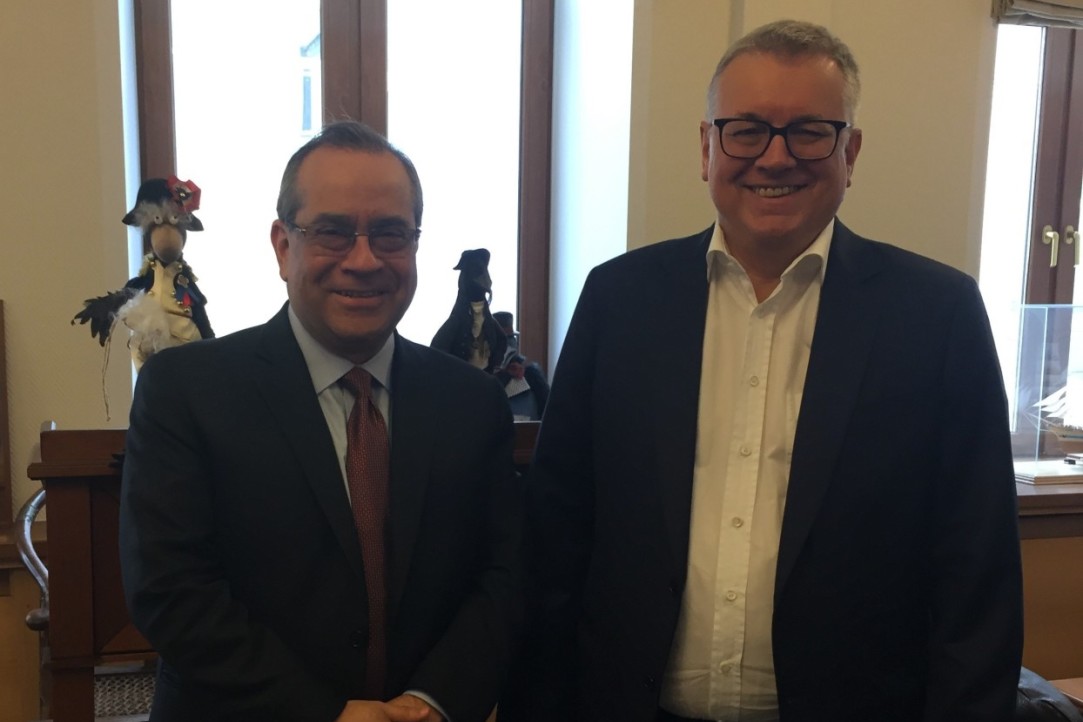
HSE University and World Bank Discuss Joint Human Capital Development Projects
On August 22, HSE University leadership met with Jaime Saavedra, Head of the World Bank's Education Global Practice.
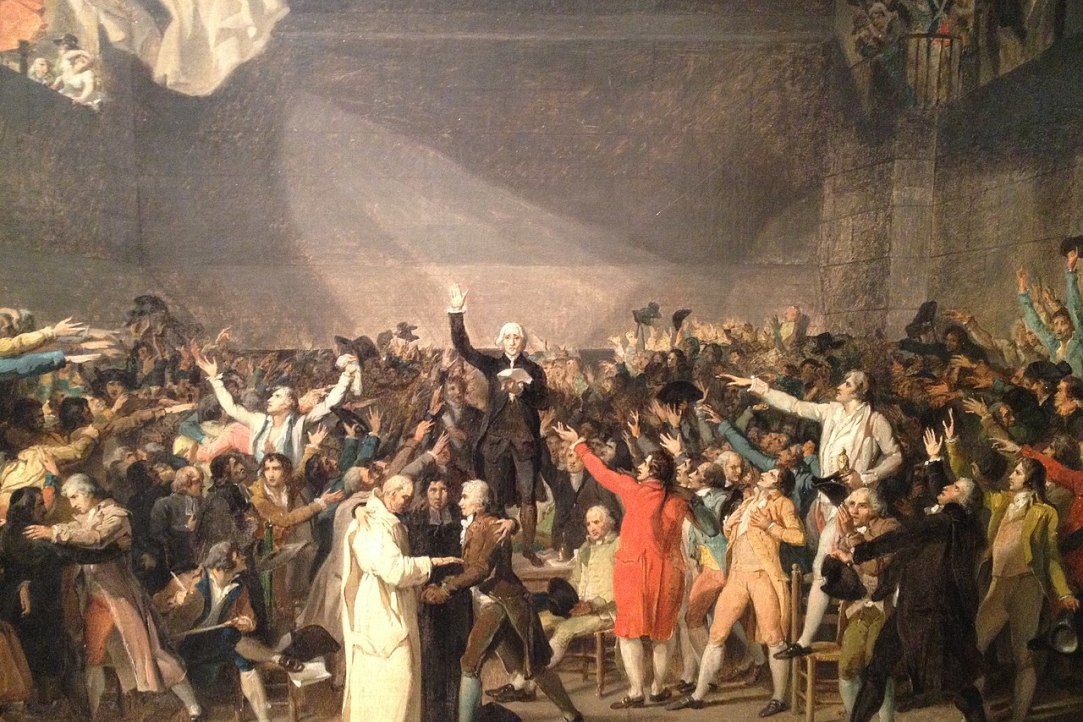
Democracy Isn’t for Everyone: Russians Adopt Western Values but See Them in Their Own Way
Europe wants to live in a democracy. This is especially true for residents of countries of Northern Europe, but less so for those of former socialist countries, especially Russia. While almost everyone has a positive attitude towards democracy, people have different understandings of it. Alla Salmina studied the relationship between attitudes and understandings of it using the data of 28 countries that participated in the European Social Survey (ESS).

HSE Researchers Receive Grants in Russian Science Foundation Competitions
The Russian Science Foundation announced the results of its 2019 competitions for support from the Presidential Research Project Programme. One competition was for grants in support of research initiatives by early career researchers, and another was in support of research conducted by research groups headed by early career scholars.
.jpg)
Art for Auction: The Shape of the Russian Art Market
Currently, the Russian art market is made up of more than 20 auction houses, about 100 major galleries, 9 big private collectors, and over 20 thousand professional artists. Though it shows a lot of promise, it still has yet to come into its own. Researchers of the HSE Centre of Development Institute studied the contemporary mechanisms in place for trading paintings, graphic art, photography and sculpture in Russia, and they published their findings in a paper, ‘The Russian Art Market: 2018’.
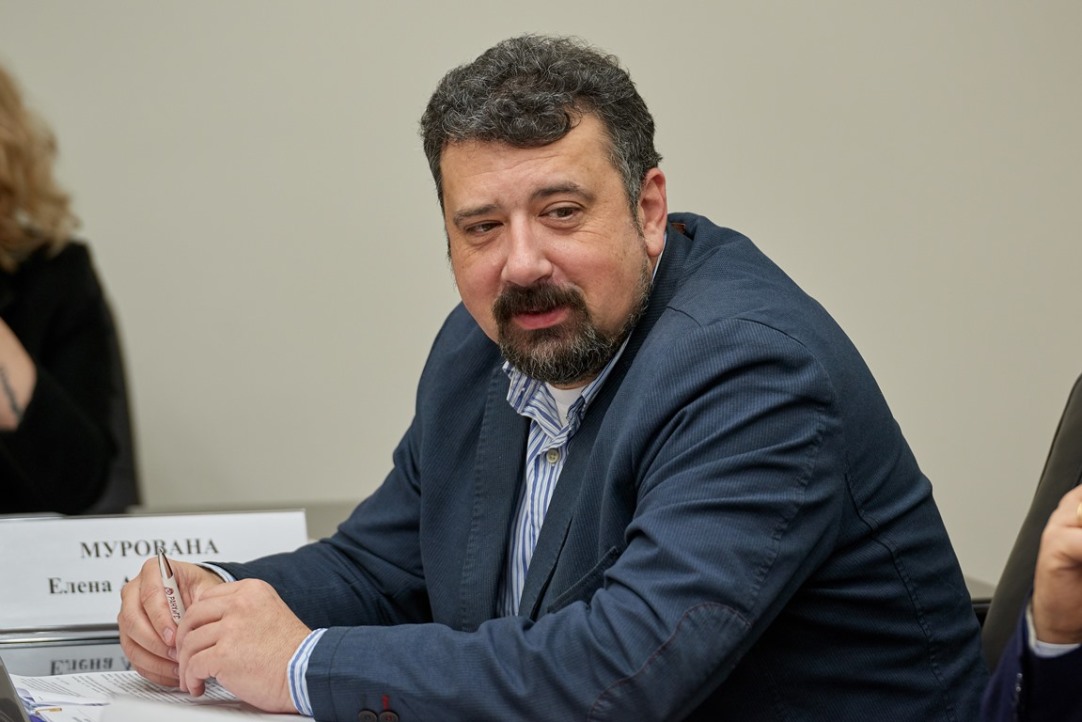
Alexander Milkus, Laboratory Head at HSE, to Chair a Public Council at the Ministry of Education
A public council for the independent evaluation of the quality of education conditions has been created at the Ministry of Education of the Russian Federation. Alexander Milkus, Head of the HSE Laboratory for Educational and Youth Journalism, has been unanimously elected as its chair.
Living and Dead: the Soviet Experiment Seen Through the Lens of Funeral Culture
Inscriptions, symbols and shapes of tombstones and cemetery layouts carry important messages about society, its values and hierarchies. Research by HSE scholar Svetlana Malysheva reveals some of the things Soviet cemeteries can tell us about the USSR and its people.
Studying Grief in the Phenomenology of Darkness: An International Artistic Research Project
Sound artist Robert Elias Stokowy of Berlin and Yulia Chernenko,lecturer at the HSE Faculty of Communications, Media, and Design, have initiated a joint German-Russian artistic research project entitled, ‘Phenomenology of Darkness’.

Researchers Investigate Why Older People Read More Slowly
One of the most obvious changes that comes with ageing is that people start doing things more slowly. Numerous studies have shown that ageing also affects language processing. Even neurologically healthy people speak, retrieve words and read more slowly as they get older. But is this slowdown inevitable? Researchers from the Higher School of Economics have been working to answer this question in their article ‘No evidence for strategic nature of age-related slowing in sentence processing’.
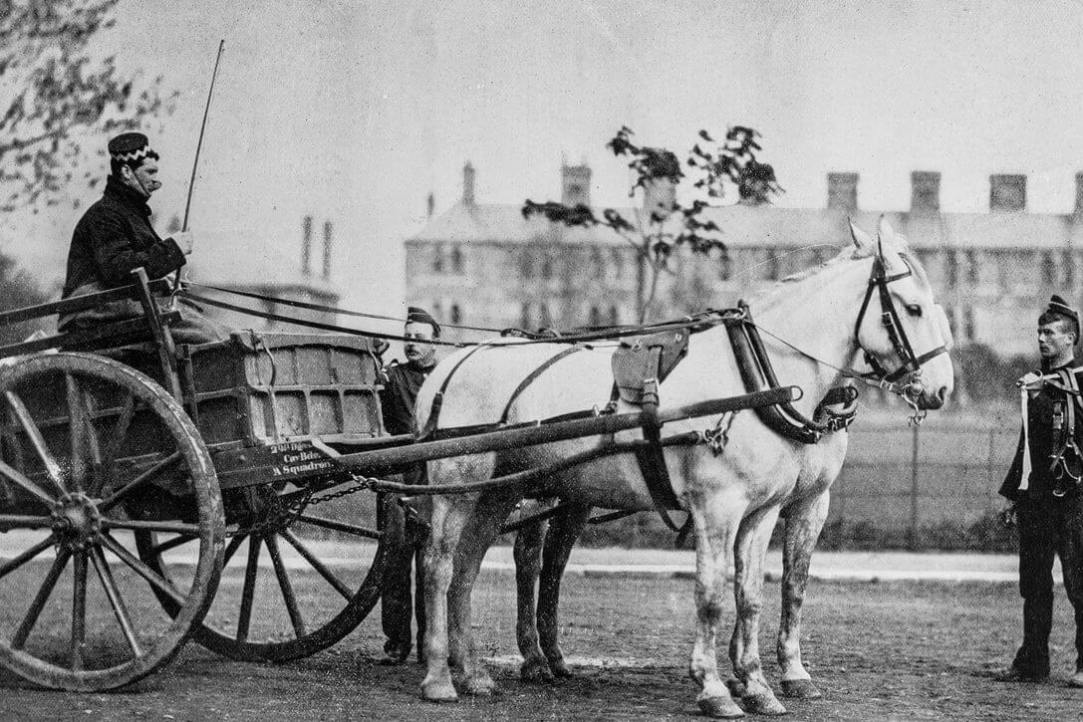
On Autopilot: How Self-driving Vehicles Fit into the Legal Landscape
IQ.HSE continues its series of HSE* expert reports on the legal regulation of new technologies. The first article in the series dealt with artificial intelligence. Today’s article looks at self-driving vehicles.
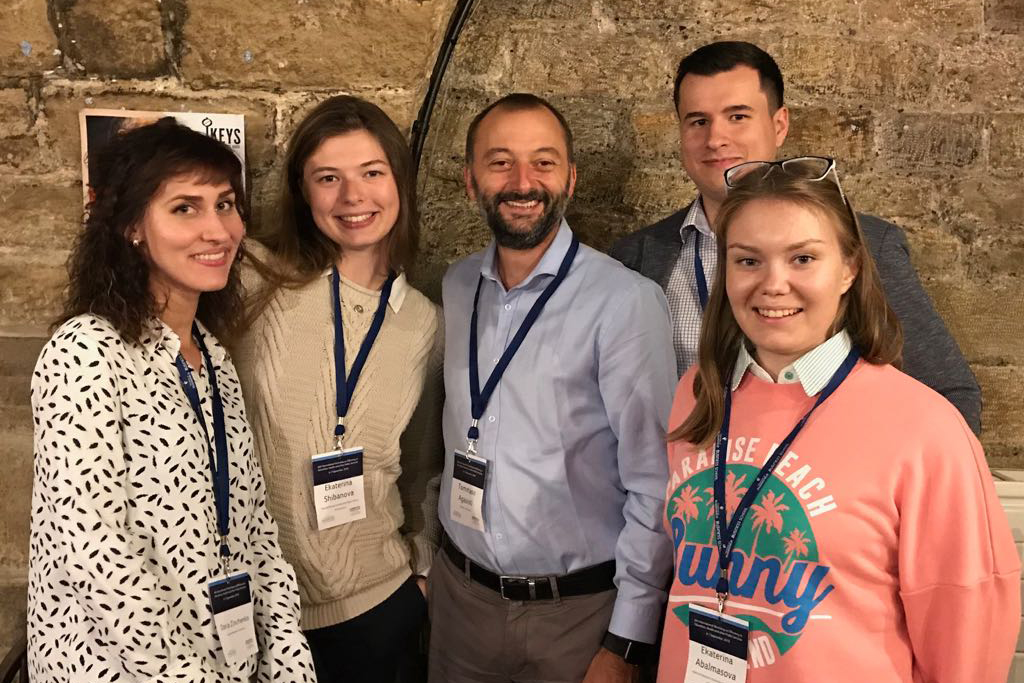
HSE and Politecnico di Milano to Join Forces in Studying University Performance and Efficiency
A cooperation agreement was recently signed between HSE and Politecnico di Milano (Department of Management, Economics and Industrial Engineering) to jointly embark on a large-scale study entitled Efficiency, Performance and Impact of Higher Education Institutions (EPI). According to the agreement, the IOE Laboratory for University Development will act as the principal R&D venue for this initiative, while Dr. Tommaso Agasisti, Associate Professor at Politecnico di Milano and one of Europe’s most renowned experts in education economics, will take up overall project supervision.

